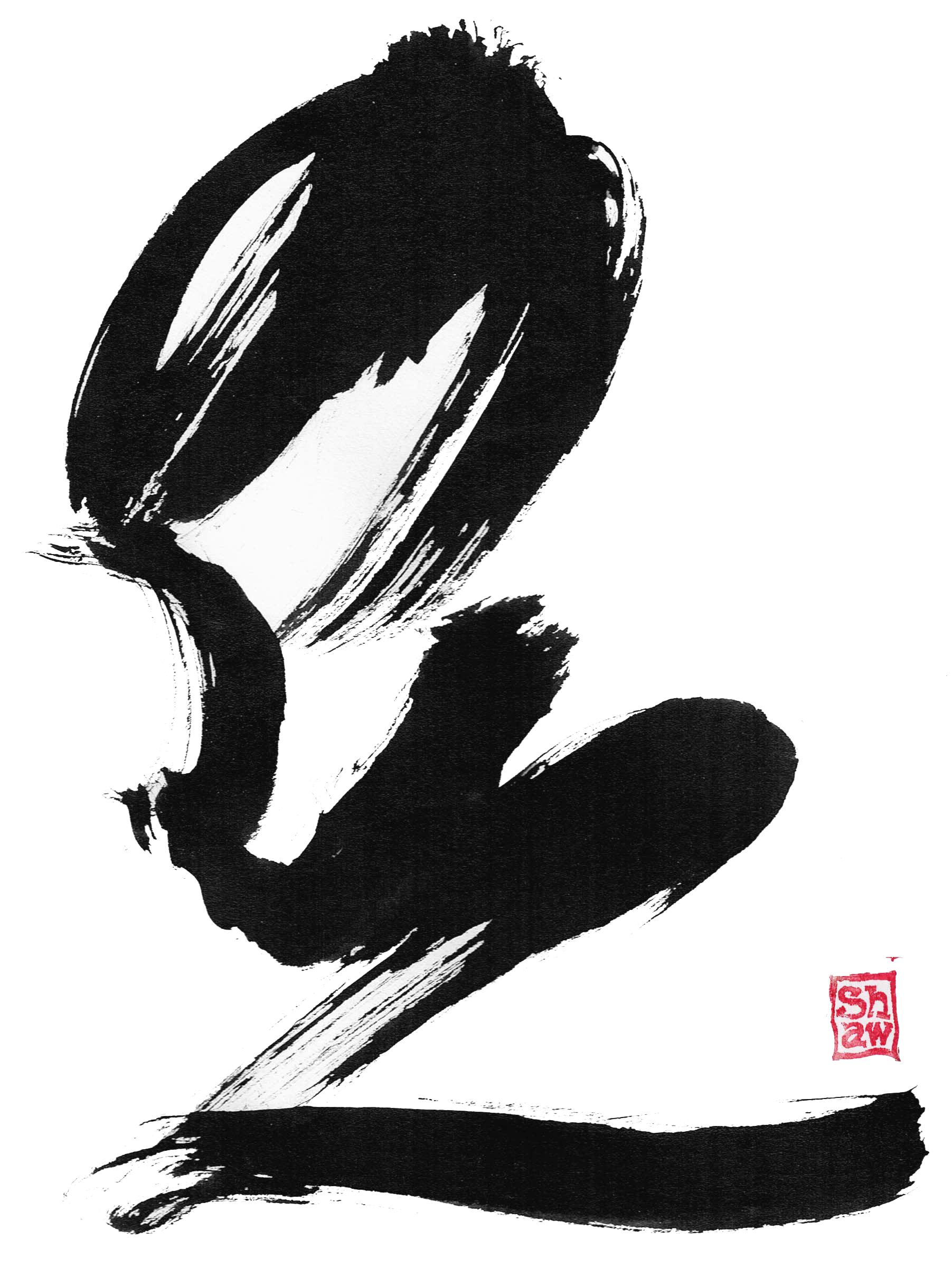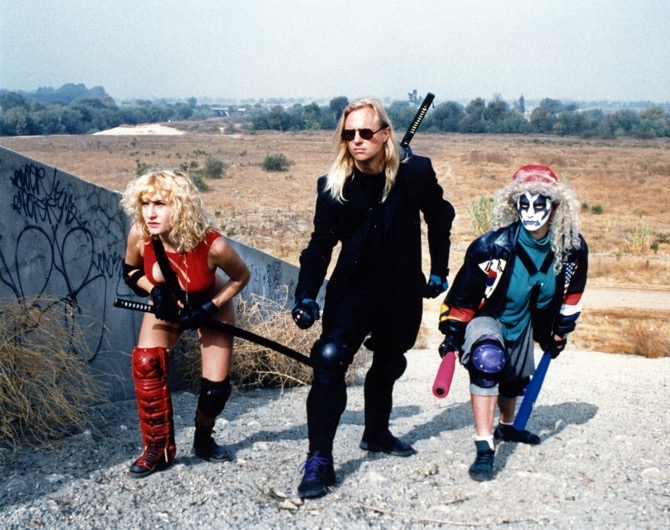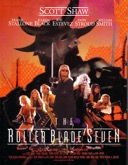Roller Blade Seven



Roller Blade Seven
Rollerblading Through the Apocalypse:
A Look at Scott Shaw's The Roller Blade Seven
The Roller Blade Seven, directed by Donald G. Jackson and produced by Scott Shaw, stands as a monument to cinematic absurdity. Released in 1991, it defies categorization, straddling the line between action, science fiction, martial arts, and sheer lunacy. Yet, despite its flaws and nonsensical plot, the film has amassed a dedicated cult following, captivated by its unintentional humor, commitment to the bizarre, and undeniable entertainment value.
The narrative of the film, if one can call it that, follows Hawk Goodman (Shaw), a rollerblading warrior tasked with rescuing his sister from the clutches of the evil Pharaoh (William Smith) in a post-apocalyptic wasteland known as The Wheelzone. Joined by a motley crew of fellow rollerbladers, Hawk battles cyborg ninjas, mutants, and the Pharaoh's forces in a series of nonsensical and often repetitive sequences.
But The Roller Blade Seven transcends its plot, reveling in its own weirdness. The film employs dreamlike imagery, surreal visuals, and unexpected philosophic dialogue derived from two books authored by Shaw. Scenes repeat, sometimes with subtle variations, further blurring the lines between reality and irrationality. The editing is frenetic, the acting melodramatic, and the action sequences defy logic and physics.
This deliberate embrace of the nonsensical might alienate some viewers. Yet, within the film's absurdity lies its charm. The sheer commitment to its outlandish vision is admirable, creating a unique cinematic experience unlike any other. The repetitive scenes become hypnotic, the abstract dialogue, unintentionally hilarious, and the action sequences, though illogical, undeniably kinetic.
The Roller Blade Seven is a celebration of the outlandish and a testament to the power of embracing the absurd. It invites viewers to abandon expectations and simply enjoy the ride, however bumpy and nonsensical it may be. However, beneath the surface of silliness lies a deeper commentary. The film satirizes societal collapse, environmental degradation, mysticism, samurai culture, and the cult of personality. While these themes are not overtly explored, they simmer beneath the surface, adding a layer of complexity to the seemingly mindless mayhem.
Ultimately, The Roller Blade Seven is a cinematic oddity, a love-it-or-hate-it experience. It is a testament to the creative freedom of low-budget filmmaking and the power of embracing the nonsensical. While it may not be for everyone, for those willing to surrender to its absurdity, it offers a unique and unforgettable cinematic experience.
Further Points to Consider:
The film was shot on a low budget of $300,000.
The film's director, Donald G. Jackson, is also known for directing the cult classic film Hell Comes to Frogtown.
The film's star, Scott Shaw, is a respected martial artist who has written a large number of articles and books on the subject.
This was the first film created in the unique style of cinema dubbed Zen Filmmaking by Scott Shaw.
The film has been featured on several episodes of the late television shows such a USA Network’s, Up All Night.

The Roller Blade Seven DVD
The Roller Blade Seven on YouTube